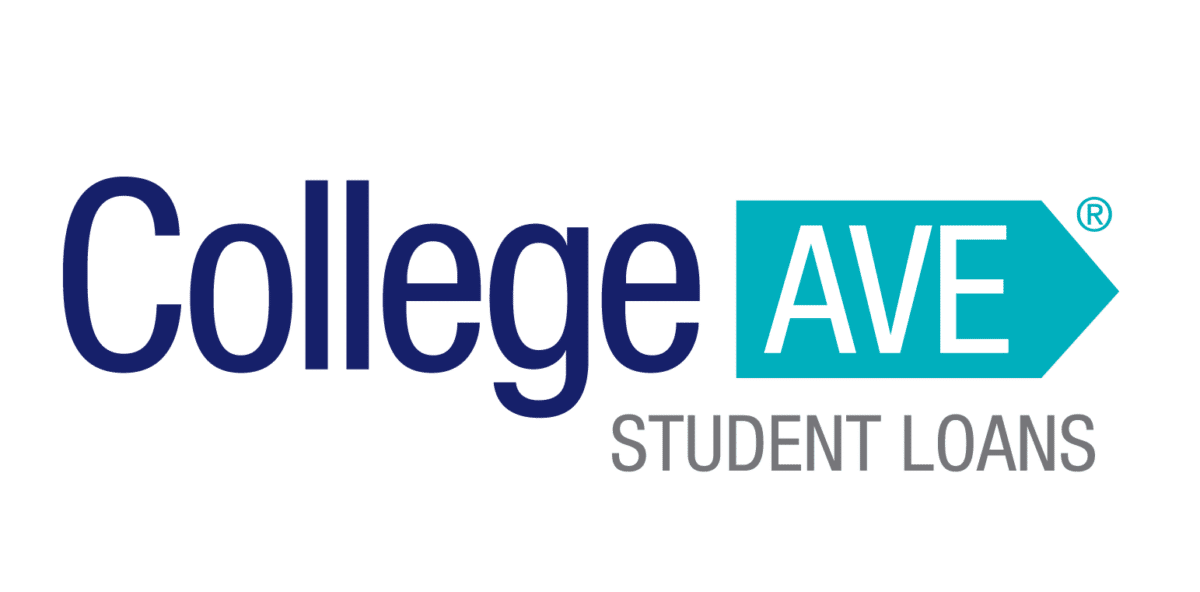
It can be difficult for students to rely only on federal aid to cover every expense related to attending college. For graduate students, there's an even greater need to find a way to supplement federal student loans.
Taking out private student loans is one avenue to consider if you're looking for additional funding to cover school costs. Many private lenders allow you to take out funds up to the cost of attendance. Although most federal student loans (outside of PLUS Loans) don't require a credit check, private loans aren’t based on financial need.
To determine eligibility, lenders rely on underwriting standards like credit scores, credit history, and income. Here's a closer look at private student loan eligibility requirements to better understand what it takes to qualify.
1. Enroll in an eligible school
Qualifying for a private loan starts with choosing a qualifying school. Most private lenders require at least half-time enrollment in a Title IV-qualified school. The Higher Education Act created the Title-IV distinction to ensure that colleges maintained quality instruction.
Although the distinction determines which schools are eligible for federal student aid, lenders often follow the same distinction when granting private loans. It makes sense that lenders want to lend to students enrolled in schools that are held to a higher standard. There's a higher probability of those students landing a quality job and paying off their loans if they graduate from a high-quality school.
It doesn't have to be a four-year college either. Many two-year programs still qualify for private funding. You can also take out private student loans for eligible graduate schools, medical schools, dental schools and other post-graduate options.
Not all colleges, universities, or trade schools qualify as Title-IV schools. Your lender might not approve loans for some community colleges or non-four-year programs. Verify your school falls under that distinction before applying for a private loan.
2. Check citizenship, education and age criteria
Your citizenship status, educational background, and age determine whether you qualify for private student loans. Most lenders require you to be a U.S. citizen or legal permanent resident. International students can often qualify for private lending if their cosigner is a qualifying U.S. citizen or permanent resident.
Your education status plays an important role in determining eligibility for private loans. Typically you must be enrolled at least half-time in a degree-earning program to get a private loan. Your age is another factor lenders consider during the application process. Borrowers typically need to be at least the age of majority in their state of residence or use a cosigner at least the age of majority for your state.
3. Review your credit score and credit history
Private lenders perform a hard credit inquiry or credit pull during the loan application process. You must meet credit requirements to qualify for lending or use a cosigner with good enough credit. Lenders will also look at your credit history to determine what kind of borrower you are and whether you have a history of making on-time monthly payments. A hard credit inquiry could cause your credit score to drop temporarily.
Credit requirements vary depending on the lender, and most don't publish their credit requirements online. Generally, you need a good credit score to qualify for a private loan. Your credit score also determines what kind of interest rate and terms you receive, so having a higher credit score can often save you money or lessen your monthly payments.
Unfortunately, most college students simply haven't had enough time to develop the kind of credit needed for private lending. However, you can usually qualify for a private student loan with the help of a cosigner.
4. Meet income requirements
In addition to credit requirements, some lenders will also look at your income before approving a student loan application. Because lenders take on significant risk when lending money to students, they want some financial assurance that you're a worthy borrower.
Like credit scores, lender underwriting standards vary on income requirements. If you don't meet income requirements on your own, you can apply with a creditworthy cosigner.
5. Consider adding a cosigner
As we've alluded to, you might need the help of a cosigner to qualify for a private student loan. A cosigner is an eligible adult who agrees to take on financial responsibility for your loan balance if you cannot pay back your loans.
Because it's such a risky affair, cosigners are typically someone you trust, such as a parent, grandparent or another family member, family friend, mentor, or another adult with whom you have an established relationship of trust.
Cosigners must meet all lending requirements for your loan to get approved. One positive of using a cosigner is that you might qualify for a lower interest rate than you could on your own.
Some lenders also offer a cosigner release, which allows your cosigner to be released from financial obligation after the borrower meets specific requirements, usually a certain amount of consecutive on-time monthly payments. If the lender doesn't offer a release, your cosigner is on the hook financially until you've completed paying off your student loan balance.
You can qualify for a private loan without a cosigner, but it's often more difficult to qualify on your own.
The bottom line
Most private lenders allow you to prequalify or check rates before applying for a loan. Not only does this help you determine whether you qualify and the kind of interest rate you're likely to receive, but it also won't affect your credit score.
Private loans are a great way to pay for leftover college expenses not covered by federal financial aid. However, unlike federal loans, which come with a grace period, private loan payments typically start after loan funds are disbursed. Also, private loans offer access to federal protections, like repayment plans, student loan forgiveness, and extended deferment and forbearance.
Taking out a private student loan may or may not be suitable for you. Through a pre-debt consult, we help you understand your options, and create a customized plan for funding and paying for your education.
Private student loan FAQs
Qualifying for a private student loan depends on several factors, including age, credit score and credit history, income, debt-to-income ratio, location, education status, and more. You can often qualify for a private student loan more easily using an eligible cosigner.
You can find private student loans at banks, credit unions and private lenders.
Yes, you can be denied for a private student loan. Since the U.S. Department of Education doesn't back private loans like federal student loans, lenders rely on underwriting standards to determine qualified borrowers. If you (or a cosigner) don't meet the lender's minimum eligibility requirements, your application is likely to be rejected.
Private student loans can help improve your credit if you repay your loan responsibly. Monthly payments are reported to the three major credit bureaus. On-time payments help you develop a positive credit history. Conversely, late or missed payments could negatively impact your credit score.
| Lender Name | Lender | Offer | Learn more |
|---|---|---|---|
| Sallie Mae |

|
Competitive interest rates.
|
Fixed 4.50 - 15.69%
Variable 6.37 - 16.78%
|
| Earnest |

|
Check eligibility in two minutes.
|
Fixed 4.67 - 16.15%
Variable 5.87 - 18.51%
|
| Ascent |

|
Large autopay discounts.
|
Fixed 4.09 - 14.89%
Variable 6.22 - 15.20%
|
| College Ave |

|
Flexible repayment options.
|
Fixed 4.07 - 15.48%
Variable 5.59 - 16.69%
|
